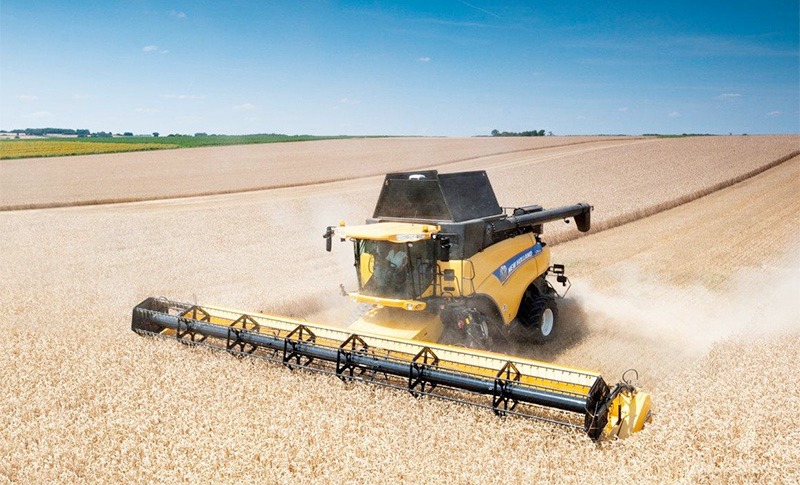
Single-issue policy-making threatens to hamper, not help, the progress of UK agriculture as it seeks to deliver food and enhance the environment, said David Caffall, Chief Executive of the Agricultural Industries Confederation, speaking at the Oxford Farming Conference.
Desk research by AIC’s policy team has highlighted how the national output of wheat crops and pig herds could be reduced by up to a third due to changing policies including restrictions on pesticide use and legislative demands on feed quality and animal welfare. This work has highlighted the critical importance of implementing new technology, which all too often is hampered by regulation.
“Collectively, the effects we analysed do not represent intensification or sustainability by any definition of these words that I understand,” said Mr Caffall.
“However, our concern is that many regulations are drawn up on a single issue basis, taking no account of unintended consequences,” said Mr Caffall. “In some instances, regulation appears to be driven purely by political whim, rather than any factual or scientific basis.”
As a result of its initial in-house studies AIC, with funding from the Agriculture and Horticulture Development Board, commissioned the Andersons Centre to develop a way to assess the cumulative effect of a wide range of opportunities and threats to UK agriculture.
Twelve key issues were identified by two workshops that involved 41 experts drawn from across the agricultural industry.
Work is well underway to develop a tool that will enable those engaged in policy development in the UK, as well as at EU level, to assess likely impacts and the likelihood of their occurring.
“Some of the topics identified by the expert workshops cannot be addressed because there is no reliable data to feed into the model,” said Mr Caffall. “This in itself is cause for concern as the industry is being asked to meet challenging levels on such issues as ammonia emissions with insufficient justification for the targets and timescales.”
The new tool is currently undergoing verification and AIC plans to make the first versions available for stakeholders later in 2015.
“What is clear is that the food and agriculture industries are complex and broad views need to be taken in policy development, especially at the European level. One has to question whether a ‘one size fits all’ approach can work across 28 Member States. Can one regulation be equally appropriate for the rain soaked pasture of the west of Ireland and the sun-baked terraces of the Mediterranean lands?”
“Europe will be required to play a major part in feeding a growing world. We have advantages, including quality soils and advantageous climates. In addition, we have expertise in land management and agricultural science. We could significantly increase production.
“However, we continue to wait for regulation to allow the new technologies to be introduced into the EU. The delays are now so long that global agribusinesses are turning their R&D focus away from Europe. Before long new technology is more likely to be on a plane to China, than being used for European benefit.”
